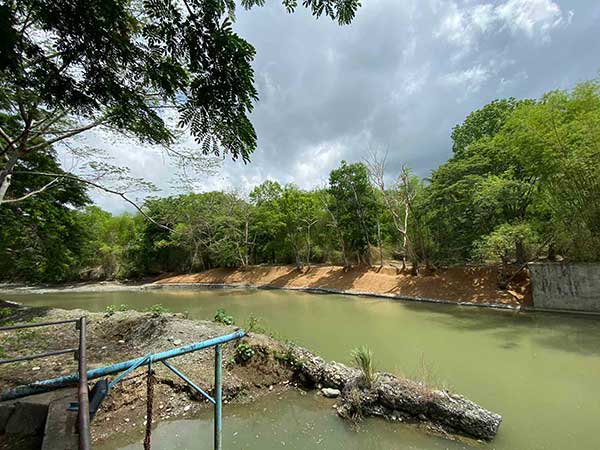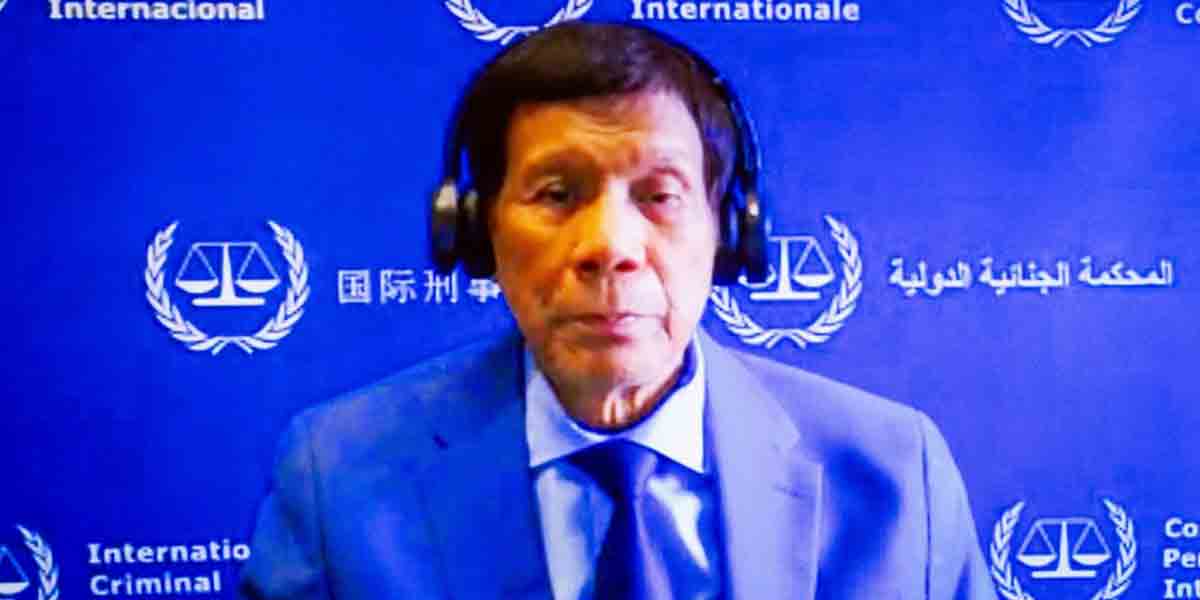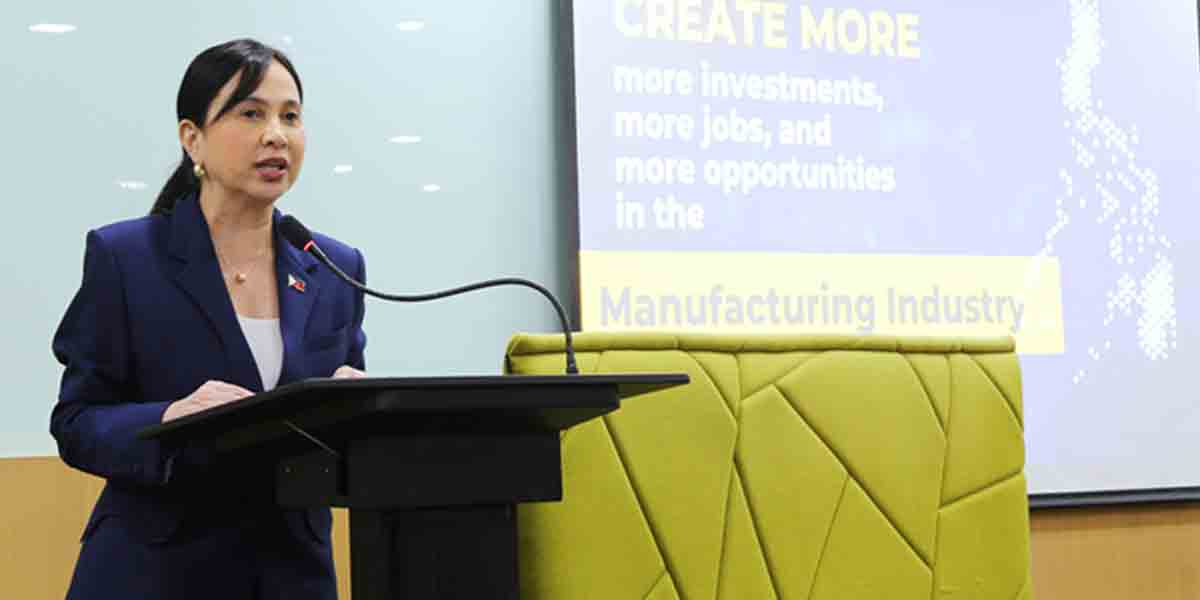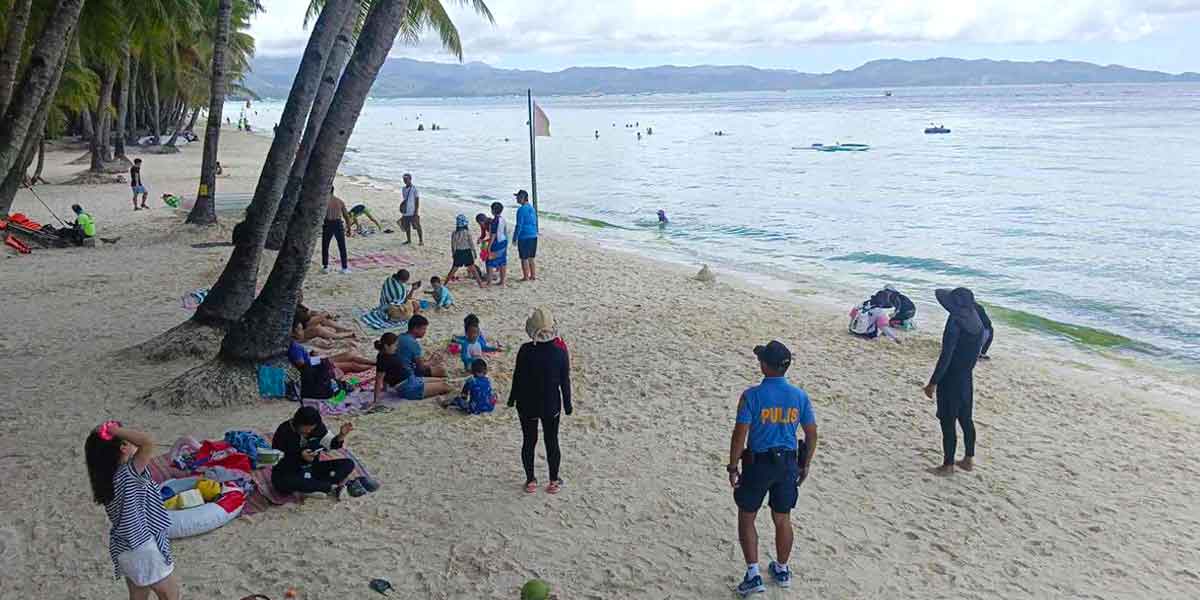
By Francis Allan L. Angelo
The Philippines is facing a mounting water crisis as climate change exacerbates already strained resources, experts said during a recent seminar hosted by the Philippine Institute for Development Studies (PIDS).
The event, part of the Socio-Economic Research Portal for the Philippines (SERP-P) Knowledge Sharing Series, brought to light the urgent need for sustainable water management policies in the country.
The seminar opened with a sobering reminder of the Philippines’ precarious position on the global stage.
According to the 2023 World Risk Report, the country ranks as one of the most disaster-prone nations worldwide, a status that has only been exacerbated by climate change.
Over the last decade, the Philippines has suffered damages amounting to PHP 463 billion due to extreme weather events, with Typhoon Yolanda (Haiyan) in 2013 serving as a devastating example of the human and economic toll of these disasters.
Dr. Aniceto Arbeta Jr., President of PIDS, underscored the urgent need for a comprehensive and forward-thinking approach to disaster risk management and climate change adaptation. “The effects of climate change are no longer theoretical; they are here, and they are intensifying,” he said.
Dr. Arbeta also emphasized the importance of leveraging the newly established UN Loss and Damage Fund, which aims to support vulnerable countries like the Philippines in mitigating the impacts of climate change.
Dr. Sonny Domingo, a senior research fellow at PIDS, outlined the increasing risks posed by climate change.
“From 2010 to 2019, extreme natural events and disasters caused damages amounting to PHP 463 billion, with a peak impact of 4% of our GDP in 2013,” Domingo said.
He emphasized the economic threat posed by climate change, projecting a potential GDP loss of USD 124 billion by 2050 if current trends continue.
The seminar also highlighted the need for stronger institutional mechanisms and better resource management at both the national and local levels.
The current utilization rate of local disaster risk reduction management funds is below 50%, a statistic that Dr. Sonny Domingo of PIDS described as “suboptimal.”
He called for improved capacity building, better fiscal management, and the establishment of a robust local loss and damage fund system that can effectively interface with global funding mechanisms like the UN Loss and Damage Fund.
“We need to better position and prepare the country to tap into the newly established UN Loss and Damage Fund,” he added.
The seminar also focused on the critical state of the country’s water resources.
Despite having an annual freshwater supply of 146 billion cubic meters, the Philippines is already withdrawing 91 billion cubic meters, highlighting the inefficiency and potential over-exploitation of its water supply.
Environmental degradation, population growth, and urbanization have further strained these resources, experts noted.
Assistant Professor Samantha De Los Santos from the University of the Philippines Los Baños presented on the potential of nature-based solutions to address these challenges.
Her study in Butuan City demonstrated the feasibility of integrating green strategies, such as reforestation and sustainable agriculture, into urban planning to enhance resilience against climate-related disasters.
“Climate change is a global challenge, but its impacts are deeply local. Our response must be equally nuanced and locally grounded,” De Los Santos said, emphasizing the need for region-specific solutions in infrastructure development.
The seminar concluded with a strong call to action for policymakers to prioritize climate resilience and sustainable water management.
Dr. Arbeta Jr. stressed the importance of proactive and innovative approaches to mitigate the impacts of climate change.
“The effects of climate change are no longer theoretical; they are here, and they are intensifying,” Arbeta said.
The experts agreed on the necessity of adopting nature-based solutions such as reforestation, mangrove restoration, and sustainable agriculture. These approaches, they argued, are essential not only for combating climate change but also for ensuring the long-term sustainability of the country’s water resources.
“The challenge now is for policymakers to adapt to the dynamic needs of the country,” Diaz concluded, emphasizing the urgency of acting to secure water resources for future generations.





















